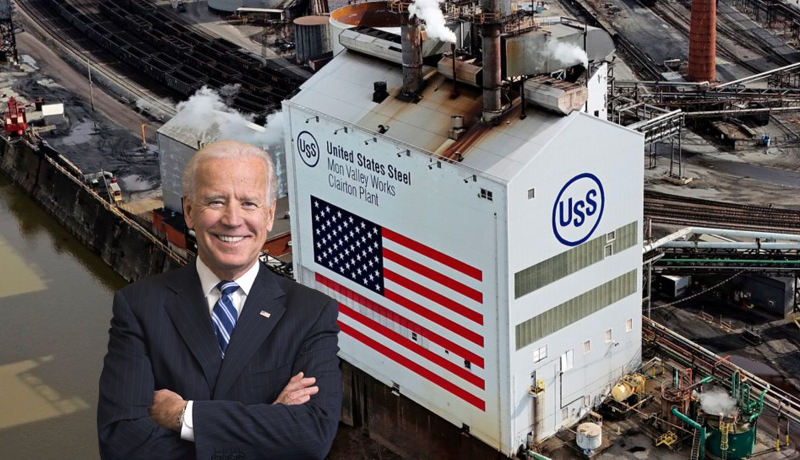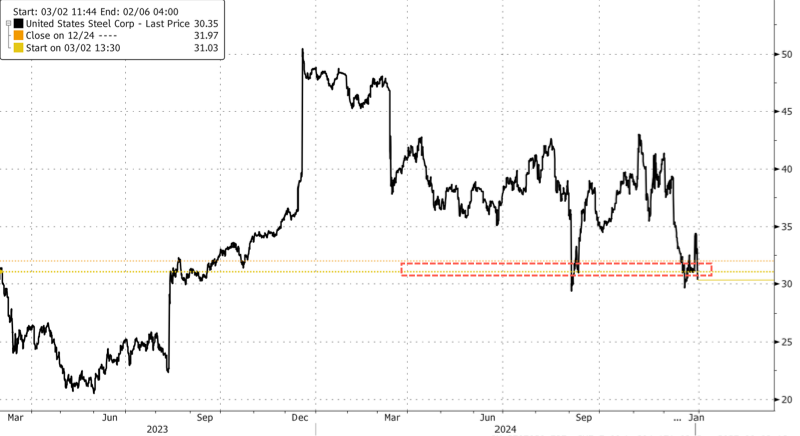Mark Zuckerberg’s Meta announced a major overhaul of its global policy team on Thursday – pushing out left-leaning department chief Nick Clegg and replacing him with the company’s best-known Republican, Joel Kaplan.
Kaplan, who once served as deputy chief of staff for George W. Bush, is set to take over the reins of the Facebook and Instagram owner just days before President-elect Donald Trump’s inauguration.
Clegg, the former Liberal Democrat party leader in the UK, has led Meta’s policy team since 2018 – a time when conservatives began ramping up claims that their viewpoints were being suppressed by the social media giant.
Those efforts became most evident when Facebook suppressed The Post’s reporting of the Hunter Biden laptop scandal shortly before the 2020 election. The social media platform also banned Donald Trump following the Jan. 6 riots at the Capitol.
However, the leadership shakeup is the latest sign of Zuckerberg’s ongoing effort to cozy up to the president-elect. In November, the tech titan raced to Mar-a-Lago for dinner with Trump after reportedly requesting a meeting to discuss “the incoming administration.”
Shortly after the meeting, Clegg said that Zuckerberg was aiming to have “an active role in the debates that any administration needs to have about maintaining America’s leadership in the technological sphere … and particularly the pivotal role that AI will play.”
Meta also donated $1 million to Trump’s inaugural fund.
Zuckerberg thanked Clegg for his seven years of service in showing him the door.
“I’ve learned so much working with you and our whole team is better for having this opportunity,” he wrote in a comment on Clegg’s Facebook post announcing the transition.
“I’m excited for Joel to step into this role next given his deep experience and insight leading our policy work for many years.”
Clegg said he would be “spending a few months handing over the reins” to Kaplan before heading on to what he described as “new adventures.”
“I will be forever grateful to Mark and Sheryl Sandberg for taking me on in the first place – and to the many colleagues and teams I have had the good luck to work with ever since. It truly has been an adventure of a lifetime,” said Clegg, whose exit was first reported by Semafor.
The controversial Clegg played a major role in shaping Meta’s handling of content moderation and elections. He was also heavily involved in the creation of Meta’s Oversight Board – which has faced sharp criticism in recent days for being biased against Israel.
In a sign of his political leanings, Clegg publicly blasted Elon Musk at a September event – declaring that the X owner had turned the social media app formerly known as Twitter into “a sort of one man, sort of hyper-partisan and ideological hobby horse.”
When asked about whether Meta should moderate content at the time, Clegg said: “We unavoidably have to.”
Kaplan is widely seen as Meta’s primary champion for conservatives – and has reportedly argued against policies that would disproportionately impact right-leaning viewpoints.
Sen. Tom Cotton (R-Ark.), a vocal critic of Big Tech, praised Meta’s decision to elevate Kaplan.
“I’ve known and respected Joel Kaplan for many years, and I’m confident he’ll continue to advocate for free speech and against censorship,” Cotton said in a statement.
The political stakes are high for Meta, which Trump had previously described as “the enemy of the people” due to alleged censorship and election interference.
Trump and his allies blasted Zuckerberg and Meta as recently as July, accusing the company of suppressing information about the attempted assassination of the Republican presidential nominee at a July 13 rally.










